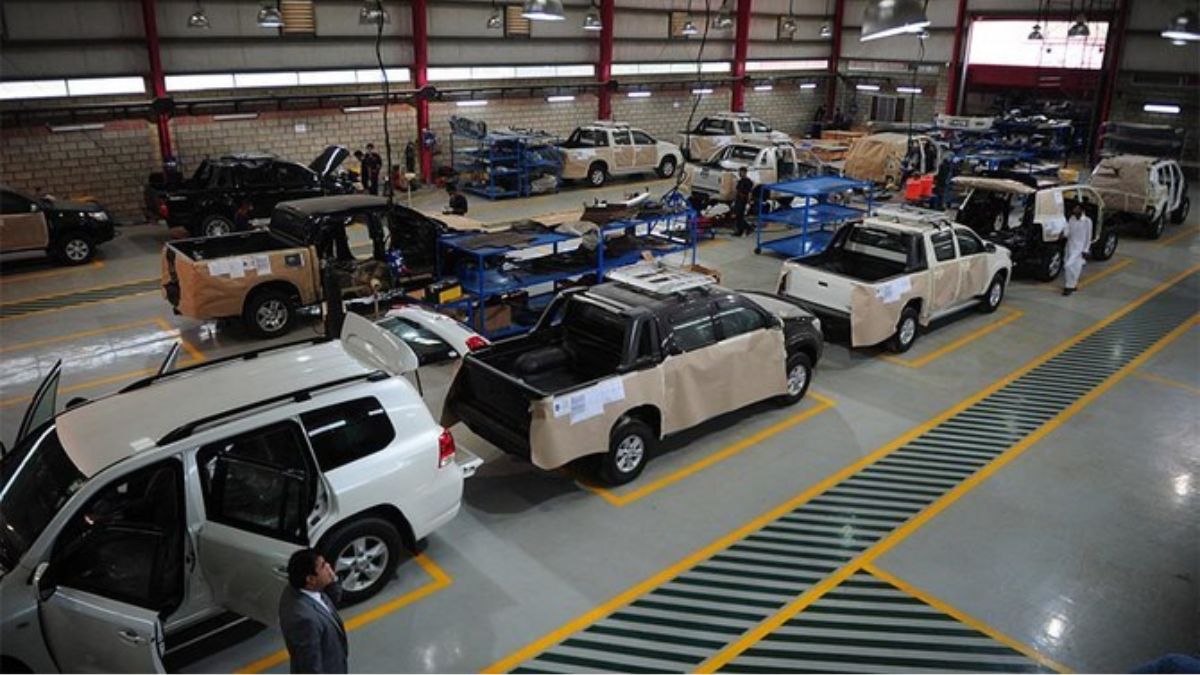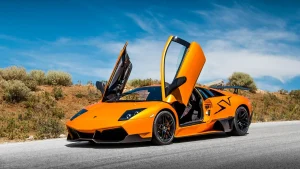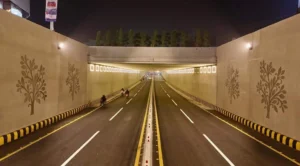ISLAMABAD, August 14, 2025: Pakistan’s auto industry, particularly Japanese assemblers, is reportedly making a last-ditch effort to block the government’s plan to allow the commercial import of five-year-old used cars, expected to take effect from October 1, 2025, sources told Business Recorder.
Representatives from Original Equipment Manufacturers (OEMs) and auto parts vendors recently held detailed discussions regarding the proposed used car import policy and its potential impact on the domestic automotive sector.
Industry insiders said the new import tariff policy could adversely affect existing OEMs—especially Japanese companies—while Chinese firms, primarily focused on electric vehicles (EVs), are less vulnerable due to their EV-centric product lines. The total new car market in Pakistan stands at approximately 200,000 units annually, while around 40,000 used vehicles are imported each year under the current regime.
READ MORE
Nadeem Malik, a leading manufacturer, warned that further relaxation of import conditions for used cars would severely undermine domestic industry access to its own market. “The volume is already so low that new investment and localization are struggling to survive,” Malik stated.
Shehryar Qadir, Senior Vice President of the Pakistan Association of Automotive Parts & Accessories Manufacturers (PAAPAM), informed the Minister that 17 WP29 regulations have been adopted by the local industry. However, he noted that these standards apply only to domestically manufactured vehicles, with no quality checks imposed on imported used cars.
“This creates an uneven playing field, putting local manufacturers—which already face significant challenges—at a serious disadvantage,” Qadir said. He also highlighted that mounting pressure to adopt additional WP29 regulations could increase operational costs for local OEMs.
Industry stakeholders expressed concerns that carbon taxes and stricter quality standards are artificially inflating Internal Combustion Engine (ICE) vehicle prices, making EVs appear economically viable. “Otherwise, EVs are currently so expensive that they don’t make business sense in a country like Pakistan,” sources said.
Akhlaq, General Manager of a major OEM, highlighted Pakistan’s limited purchasing power, with the majority of consumers unable to afford high-end vehicles. He warned that artificially inflated prices could price most of the population out of the market for new, locally manufactured cars, potentially turning Pakistan into a trading economy and dumping ground for used vehicles.
READ MORE
Following extensive discussions, the Minister announced the formation of a joint committee, including members from Pakistan Automotive Manufacturers Association (PAMA) and PAAPAM, tasked with formulating a balanced policy for the commercial import of used cars.
In an official statement, the government emphasized a strategy to support growth and export in the auto sector. “After tractors and motorcycles, Pakistan will now export cars as well. The auto industry will be a key part of the new industrial policy,” the Minister stated.
Jam Kamal added that healthy competition in the Pakistani auto market is increasing and that tariffs will be gradually reduced over the next five years. He emphasized that all imported used cars must meet environmental and quality standards, noting that the tariff reduction agreement with the United States has opened new opportunities for auto exports.









